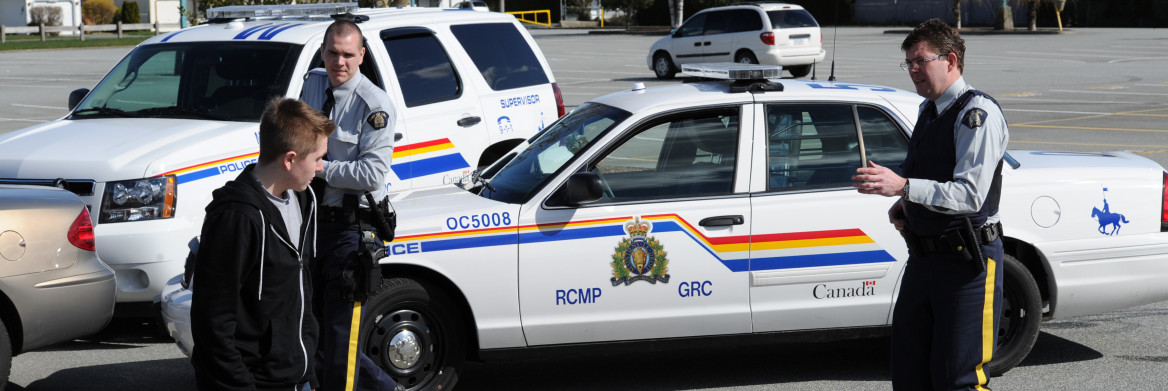Related link
Advocates have long known people with Autism Spectrum Disorder (ASD) have regular exchanges with police. And now awareness training is helping some RCMP officers better recognize and help those with autism.
In 2017, Lunenburg County RCMP in Nova Scotia received a spike in autism-related calls. Many officers' questions went to now-retired Cst. Rod Francis. He has first-hand experience with autism because his teenage son lives with the condition.
"I'm very familiar with ASD and how to deal with it,
" says Francis, who in late 2017 helped organize ASD training sessions for colleagues.
He saw the benefit of those efforts months later at a local school, where a colleague helped an autistic teenager.
"He just wasn't getting his own way and he was upset,
" says Francis, who added the officer was calm, gave the teen lots of space and was able to get him to sit at his own desk, which helped diffuse the situation.
First step is awareness
The training was also sparked by a lack of autism awareness.
"A lot of the time, as police officers, when we get a call, the information we get is that it's a 13-year-old at home out of control. We may not be aware that they have ASD. As a result, we're going in there with a high-risk assessment that doesn't help,
" says Francis.
A 2017 study by the Centre for Addiction and Mental Health (CAMH) and York University found that while almost half of interactions with police were calming, nearly one-third had the opposite outcome.
Yona Lunsky, who has extensively studied autism and co-authored the study, says police and other first responders need to recognize the challenges involved.
"There are so many autisms,
" says Lunsky, a senior CAMH scientist.
ASD is a lifelong, developmental disability that affects how those with autism communicate and relate to other people, and how they experience the world.
Lunsky says autism can, among other things, be severe or mild, it may be diagnosed very early on in life or it may not be diagnosed until adulthood. It may or may not be associated with an intellectual disability. As well, difficulties with social communication may be subtle or a person may not be able to verbally communicate at all.
Lunsky also notes autistic individuals are more likely to be victims of crime.
"So police have to be aware of that too and have the same sensitivities when supporting them,
" she says.
Reaching out
In British Columbia's Lower Mainland, RCMP S/Sgt. Major Stephen Blair Hurst has helped train hundreds of officers in ASD awareness with the support of the Pacific Autism Family Network.
"We discuss scenarios you may encounter and behaviours,
" says Hurst, who describes a fictitious call for service involving a young man with ASD in a parkade who's wearing a hoodie, carrying a backpack and looking into car windows.
He says when police arrive and identify themselves, the individual may ignore them. "The officers could interpret this as someone who may be attempting to break into vehicles or as a suspicious male who is avoiding contact with police,
" he says.
But, he adds, the scene could also be a non-verbal male with ASD who has sensory issues.
"His communication style and ability may be one where he's not comfortable making eye contact and he may be non-verbal,
" says Hurst. "We don't expect our members to make a diagnosis. But the more we know about ASD indicators and the behaviours, the better it's going to be, and awareness is key.
"
Lunsky, who holds a PhD in clinical psychology, says it's essential police reach out to the autism community for solutions.
"It's really important to get to know people to understand their autism and to know them when they're not in crisis,
" she says.
Lunsky says there's always an opportunity for first responders to learn more about ASD.
"Every time people with autism have a bad experience, it affects how they deal with police the next time,
" she says. "Even after there's an encounter, police still have an opportunity to say: How can we do better? What support can we give you next time?
"
